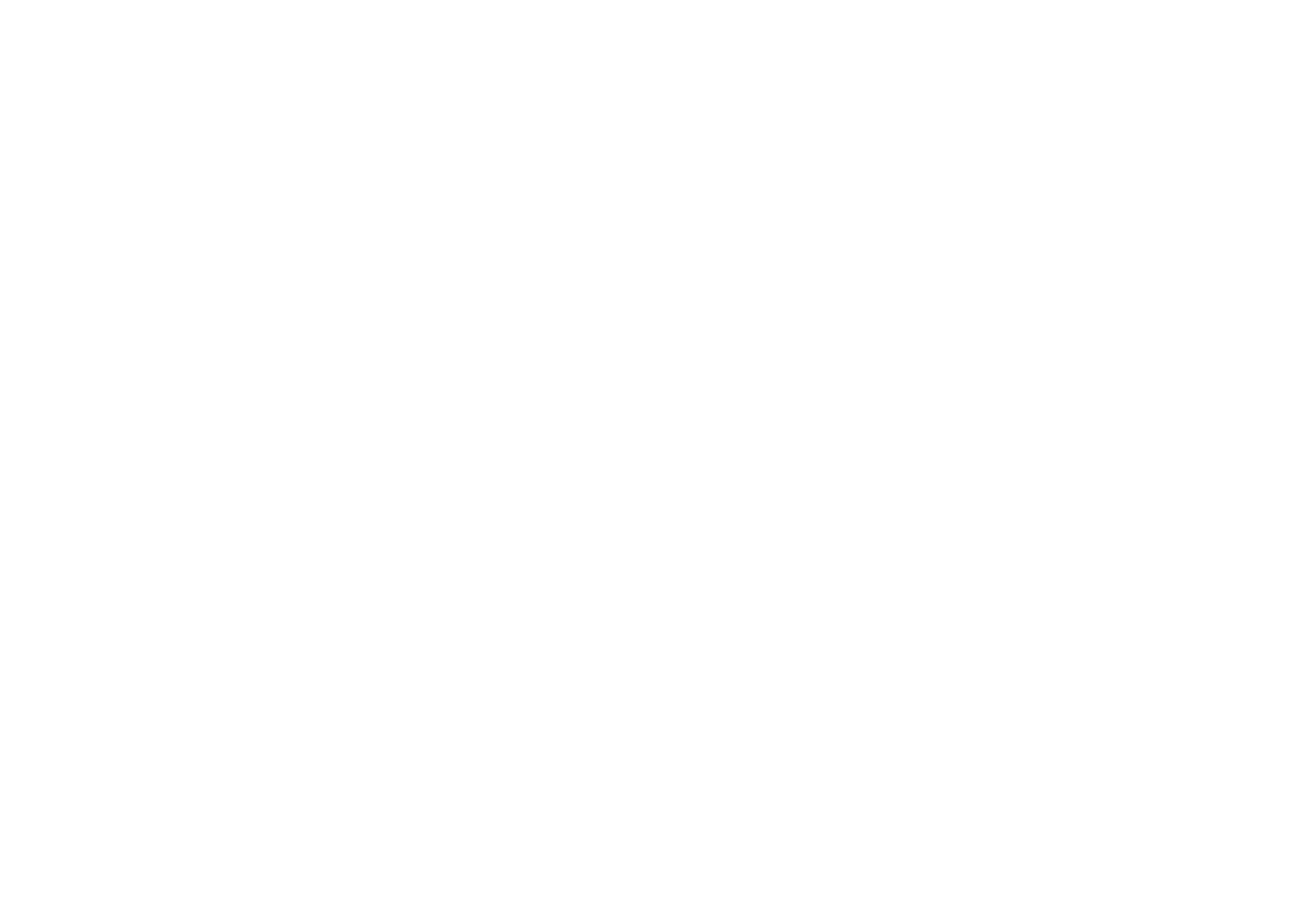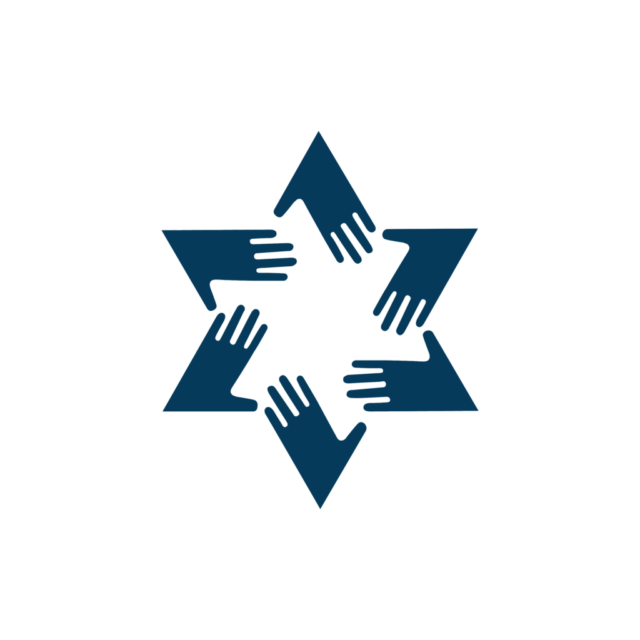We rabbis have this annoying habit of finding meaning in everything. Sometimes when I’m with my colleague and bestie, Rabbi Ruth Zlotnick, we play a game called instant drash. One person picks three random things: “orchid, window shade, Shabbat, GO!” And then the other has to come up with an insightful piece of wisdom that ties the three together – points for time, style and creativity. (Yes, it annoys our husbands)
It’s no wonder that I became a rabbi. Even as a child, I felt deeply about almost everything, and found meaning almost everywhere (yes, it annoyed my brothers) – words, ideas, songs, symbols and stories – and drew connections to what they meant for me and my life. Growing up as a white Jewish girl in America, I had a strong sense of both religious identity and national identity, and experienced them as comfortably entwined. My Judaism and my patriotism were rooted in two narratives which reinforced one another. As a Jew, I very much felt part of a people redeemed from slavery, and as an American, I beleived I lived in a nation that exemplified the values of equality and freedom.
When I pledged allegiance every weekday morning to “one nation, under God, indivisible, with liberty and justice for all,” I did so with full heart. The unity of that statement felt like an extension of the shema prayer that I belted out in Temple with similar surety.
For me, it all came together.
I’ve been alive for more than half a century. In that time I have learned, and have begun to understand, how my embodied idealism and personal experience is far from a universal truth. But in these last years, in these last months and weeks, I am realizing the depth of the chasm separating idealism and reality, as defined by the color of our skin.
Today is Juneteenth, a day marked as ending American slavery. On June 19, 1865, more than two years after President Lincoln issued the Emancipation Proclamation, more than two years after the Confederate Army surrendered, more than two years after several states, including NJ, refused to free their slaves, five months after Congress passed the 13th Amendment, Union General Gordon Granger took federal troops to Galveston and announced that the slavery was over, finally putting into effect the monumental, presidential edict for the more than 250.000 black people still enslaved throughout Texas.
There are many important reasons why Juneteenth should become a day of national commemoration, but I have concerns regarding it as a day of celebration. Because in the same way that slavery persisted for years, even after an executive order by the president of the United States, slavery persists still today. It has morphed, not ended.
If we think of June 19, 1865 as a day of celebration, let’s think of what June 20, 1865 looked like. Separated from their families, denied proper education and land ownership, most formerly enslaved Black people had few options. They remained shackled by poverty, forced by laws and bigotry into pits of debt with no way to repay.
Yes, it became illegal to literally own another human being, but white Americans continued to profit off of Black people’s mistreatment. Black Codes and convict leasing subjected Black Americans to criminal prosecution for small offenses like vagrancy and breaking curfew, or no offense at all – like not having written evidence of employment or being an orphan. This enabled southern states and white business owners to make money off of Black prisoners who labored to construct railways, work in mines and tend plantations, benefiting the rest of us.
Legislated discrimination continued throughout the decades. When much of the country sunk into economic decline with the Great Depression, federal programs created to help citizens build equity were far from equitable. Redlining prevented black people from receiving housing loans simply because of where they lived.
Supposedly the Jim Crow Era came to an end. 1964 saw the Civil Rights Act, and 100 years after the original Juneteenth, we celebrated the Voting Rights Act of 1965. But racism is a strong and virulent force, and effectively, slavery continues even now. Let’s consider voting. Currently, voter suppression targets the Black community and other communities of color, and many African Americans have voting denied them due to their criminal records. Black people are incarcerated at more than five times the rate of white people. Most prisoners are refused the right to vote, and in many states, people who committed felonies are permanently prohibited from voting, even after release. Is that freedom?
These last weeks, I’ve been thinking back to my teen and early adult years. I may have had a mild obsession with words, symbols and ideas, but I was also pretty typical. Like kids today, and probably kids of every era, my schoolmates in my mostly white neighborhood and I enjoyed having fun. Most of us likely did one or a few or many of the “things that teens do.”
We cut school, climbed over locked fences of pools and parks, wandered into half constructed homes on private property. We pocketed store items on a dare, giggled as we nabbed street signs to decorate dorm rooms. We drank at parties where everyone was underage, we plagiarized essays and cheated on tests. We used, bought and sold drugs. We showed fake ID’s to get into clubs. We crammed too many people into cars and drove well beyond the speed limit, sometimes without a license. Some acts were misdemeanors, some felonies. We never thought of them as crimes.
Occasionally we were caught. When that happened, the teacher, the principal, our parents, the cops, the store owners would mete out some “appropriate” consequence. Sometimes it seemed that the punishments were too harsh – if we were told we couldn’t go to the prom, we couldn’t walk in graduation … if that coveted college acceptance was rescinded – imagine! Parents balked, friends circulated petitions. Sometimes it made a difference, and if not, loyal friends and family grumbled about injustice and a failure to forgive.
Once in a while there was an arrest. In those cases, expensive attorneys were hired, social or political connections were stroked. Almost always, people from my hometown, from my private university, people from neighborhoods and schools like mine – people with my skin color – got off. If we had to serve any time, families gathered public and private resources to help us “get back on the right path” after we got out of prison or off probation. Often we still got the degree, got the job, got the treatment, got the record expunged. We rarely ended up with a record, even though many of these misdeeds – these crimes – are felonies. Afterwards, we moved on, and these “typical mistakes” made by “good kids” were forgotten.
What happens to the kids with black and brown skin in “bad neighborhoods?” The fact is, many more black people who commit the same minor offenses as white people end up getting arrested, getting imprisoned, getting labeled as criminals and felons.
And what happens when Black prisoners are physically released from modern-day bondage? Similarly to June 20, 1965, they are often left struggling to survive. A criminal record means you can be denied opportunities to higher education, denied access to public housing. And if you are caught staying with a friend or a family member in public housing, those people may risk losing their home. If you are branded a felon, you may be denied professional licences or employment. And if you are a black formerly incarcerated person who is lucky enough to get a job, up to 100% of your earnings can be garnished to pay back fines, court costs, child support that built up while you were imprisoned. Acquiring food can be a challenge. Some states deny people with felony records access to food stamps for the rest of their lives.
Is it any surprise that there is an enormous rate of recidivism in this country? A majority of former prisoners face re-incarceration within a few years, often within a few months, of release. We may think American slavery ended in 1865, but far too many people with black and brown skin end up trapped within the criminal justice system – enslaved by it.
Several years ago, I planned a family “staycation” weekend in the city, doing unusual things that we hadn’t done before. After googling, searching Trip Advisor, reading blogs, I came up with a list, and one activity was going to night court. About 10 minutes in, my then teenage daughter looked at me, horrified. In a not very hushed whisper she said, “It’s all about if you can afford bail!” We immediately left.
I tell you this story, deeply ashamed. I knew how the system worked, but until that moment, I hadn’t clearly recognized its inequity and bias. I am ashamed of my insensitive voyeurism – that I thought of going to court as an interesting activity. When my daughter saw her fellow citizens being charged, she immediately understood the chasm separating our realities. I’m ashamed that I put her in that situation, ashamed that she had to teach me this obvious and overlooked truth.
We must fight for just laws, and work to eradicate systematic racism. It is hard work, and takes a long time. But even tougher, is changing our mindset. On June 20, 1865, white people didn’t stop seeing Black people as slaves, just because the government declared slavery to be over. Our perspective still needs a reset. “Thugs,” “criminals,” “failures” … stigma stubbornly pervades white American consciousness.
It’s time for us to reach back into history and deep within ourselves to examine painful truths. We need to understand that this country is “the land of the free” only for some. We may feel shame, we must feel discomfort. Let those feelings energize us towards change.
Let’s begin now, together. Last Shabbat, 27-year-old father, Rayshard Brooks, fell asleep in his car, and didn’t survive the night. He was shot in the back by a police officer while fleeing arrest. Police witnesses say that the shooter said “I got him” and then kicked his body, as another officer stood on his shoulder.
Listen to Rayshard, himself, speaking about his personal experience with bondage and his hopes for his future. Let’s listen, and hear. It’s up to us to keep his voice, his words, his ideas and ideals alive.

